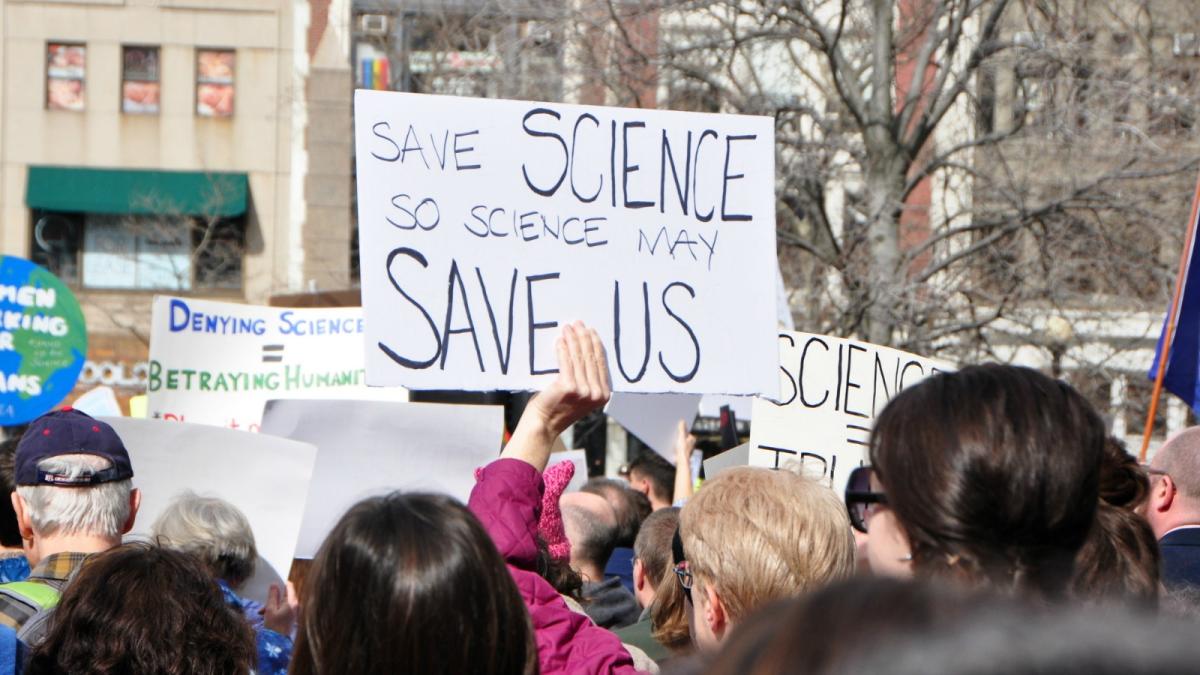As the March for Science nears, questions about whether scientists can and should advocate for public policy become more important. On one hand, scientists have relevant expertise to contribute to conversations about public policy. And in the abstract, the American public supports the idea that scientists should be involved in political debate. On the other hand, scientists who advocate may risk losing the trust of the public. Maintaining that trust is imperative for scientists, both to be able to communicate public risks appropriately, and to preserve public funding for research.
Little existing research had tested how audiences react when confronted with concrete examples of scientific advocacy. Led by my colleague John Kotcher, my colleagues and I at the George Mason Center for Climate Change Communication devised an experiment to test these questions in the summer of 2014. Our results suggest there is at least some tolerance for advocacy by scientists among the American public.
Testing a scientist’s perceived credibilityWe asked over 1,200 American adults to read the biography and a single Facebook post of a (fictional) climate scientist named Dr. Dave Wilson.... Read more
